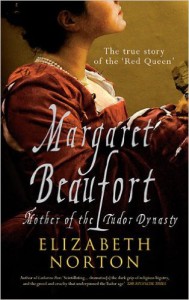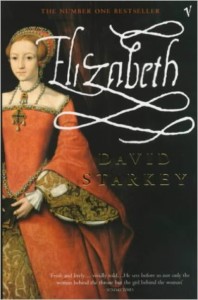
When I first held my copy of ‘Katherine of Aragon, The True Queen’ in my hands, I knew it was going to be special. Not only was it my first history book to be personally signed by author Alison Weir, but it was also the beginning of a series of historical novels about the six Queens of Henry VIII – a topic any Royal History Geek could lose themselves in for hours.
But despite my anticipation of enjoyment, I was not expecting this book to teach me an awful lot. After all, the stories of Henry VIII’s wives are amongst history’s most recounted and the factual writings of Weir, Starkey and others had already taught me much. Surely there was little more I could learn?
I was wrong.
History is of course about so much more than the digestion of facts. It involves travelling back to an era unfamiliar to us and reimagining what actually happened. In this, fiction provides a greater degree of freedom, especially when the writer possesses Weir’s rare ability to combine robust research with sensible empathy. For me, the new insights into Katherine’s relationships with Henry, her household and the ‘powers that be’ back in Spain, has shed new light on my understanding of the tempestuous and often traumatic episodes of her life.
The story begins as the young Spanish Infanta makes her bold trek to England. As a born and bred Janner, I was ecstatic to see the opening pages give a thorough description of the city (then town) of Plymouth, the first piece of English soil that Katherine descended upon. We then follow the Princess as she progresses from teenage wife to penniless widow before being redeemed by a young Henry VIII; at first her knight in shining armour before gradually growing into her tratious tormentor.
Through Weir’s vivid storytelling, Katherine’s varied circumstances and emotional reaction to them become tangible and accessible. The reader is struck by the profound paradox of a series of strong and powerful women who, despite their many qualities, are entirely dependent on the actions and decisions of men. Throughout her long life in England, Katherine’s virtuous character rarely waivers, but the actions of her father, father-in-law, husband and nephew are the real factors that shape her ever changing and often unhappy destiny.
As with all fiction from this author, the book is well researched and sticks closely to the historical facts available. However, as Weir herself has stated, fiction allows the author a degree of experimentation with thought-through theories that would be quite out of place in a history book but nonetheless can make a valid contribution to historical debate. This freedom is used credibly and effectively to explore what really happened on the night of Catherine’s controversial first marriage and at other parts in the narrative.
If book one is anything to go by, Tudor lovers have much to look forward to from the remaining five in the series. Perhaps the only thing that will frustrate fans is that there are many months to wait until book two – Anne Boleyn, a King’s Obsession – is released next May.
‘Katherine of Aragon, The True Queen’ by Alison Weir is published by Headline Review and is available on Amazon from £6.99



